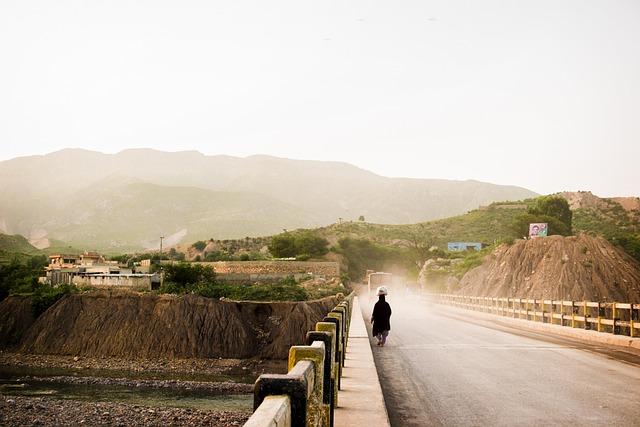“`html
The Role of the Parliament in Pakistan’s Political System
The Parliament of Pakistan is a cornerstone of the nation’s political landscape, playing a vital role in governance, law-making, and representation. Understanding its function, structure, and importance helps clarify how democracy operates in this South Asian nation. In this article, we will delve into the intricacies of Pakistan’s Parliament, explore its functions, and highlight its significance in the political system.
Understanding the Structure of Pakistan’s Parliament
Pakistan’s Parliament is bicameral, consisting of two houses:
- The National Assembly: The lower house, which has primary legislative power and is directly elected by the people.
- The Senate: The upper house, which represents the provinces and is elected by the provincial assemblies.
Composition of the National Assembly
The National Assembly of Pakistan consists of 342 members, of which:
- 272 are directly elected through general elections.
- 60 seats are reserved for women.
- 10 seats are reserved for non-Muslims.
| House | Type | Members |
|---|---|---|
| National Assembly | Directly Elected | 342 |
| Senate | Indirectly Elected | 100 |
Functions of the Parliament
The Parliament of Pakistan carries out several critical functions:
- Legislation: Formulating and enacting laws that govern the nation.
- Representation: Representing the interests and needs of the citizens they serve.
- Oversight: Monitoring the executive branch and ensuring accountability.
- Budget Approval: Reviewing and approving the national budget, which outlines government spending.
- International Agreements: Ratifying treaties and international agreements.
The Significance of Parliament in Pakistan’s Political System
The significance of the Parliament in Pakistan’s political system cannot be overstated. It serves as a forum for debate and discussion on national issues and policies. Here are a few key reasons why Parliament is essential:
- Democratic Governance: It embodies the principles of democracy by allowing elected representatives to voice the concerns of their constituents.
- Checks and Balances: The Parliament plays a vital role in maintaining a balance of power among different branches of government.
- Policy Formulation: It influences and formulates policy decisions that shape the future of the country.
Challenges Faced by the Parliament
Despite its importance, Parliament in Pakistan faces several challenges:
- Political Instability: Frequent changes in government can disrupt the workings of Parliament.
- Lack of Public Trust: Corruption and political patronage diminish public confidence in elected officials.
- Limited Representation: Issues persist regarding the true representation of marginalized communities.
Benefits of a Strong Parliament
A robust and functioning Parliament has numerous benefits for Pakistan:
- Enhances public participation in governance.
- Improves accountability of government officials.
- Strengthens democratic institutions and frameworks.
Conclusion
the Parliament of Pakistan is a fundamental component of the country’s political system. Its roles in legislation, representation, and oversight are crucial for a functioning democracy. While facing numerous challenges, a vibrant Parliament can significantly contribute to the governance and development of Pakistan. Understanding and strengthening this institution is vital for fostering a more democratic, accountable, and prosperous society.
“`



